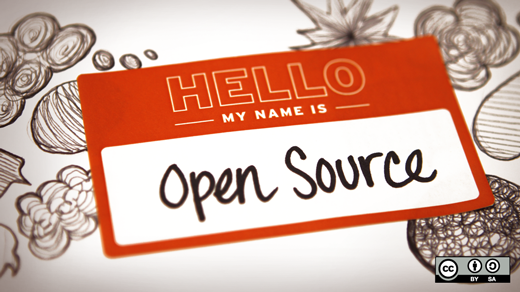To be honest, I wasn't completely shocked that Blackboard stepped into the Moodle ring in a major way on Monday. If you've been following the developments in the learning management system market it makes perfect sense: there's a growing number of players, open source players are positioning themselves as the "zero cost to entry" providers, and now large publishers are joining the mix to better protect their content and maximize their ROI in textbooks and digital materials. Until Monday it looked as if Blackboard would continue to lose market share to Moodle and other LMSs while it worked to grow its list of services and establish itself as a one stop shop for elearning in higher ed (and potentially in K-12). After Monday things look a bit different (but things are mostly unchanged). What Blackboard has done is position itself to grow its list of services and extend the shelf life for its current LMS customers (especially the ones that were slowly edging their way towards another LMS) while shoring up its client base and reach.
Before Monday Blackboard was the largest proprietary LMS company on the planet.
After Monday Blackboard is the largest proprietary LMS company on the planet.
But what exactly did they buy?
First a quick primer to Moodlerooms and Netspot. For those who do not know, Moodlerooms is one of the largest Moodle Partners and is located in Baltimore, MD. Their business model is cribbed from Blackboard: proprietary software built on top of Moodle called joule. Self-hosting is not an option. Customization is tightly controlled. With partnerships with the likes of Datatel and Dell and Adobe (Connect), Moodlerooms had grown its list of services and integration options to meet the demands of the higher education market. It was well positioned as a hosted open source alternative to Blackboard.
Netspot did not necessarily have a proprietary layer on top of its Moodle product, but it does/did have an extensive list of "enterprise" services including Blackboard Collaborate, Mahara ePortfolios (also a hosted product), EQUELLA and Echo360. It also has a client list including universities and colleges (and other orgs.) in SE Asia, Australia and New Zealand. Combined the companies have around 150 employees including developers, sales people and client/account managers. Together under the Blackboard brand you can see a solid list of open source tools and services, hosted solutions and packages which could meet the needs of a lot of educational institutions (not to mention the client lists that Netspot and Moodlerooms currently have on the books, which include ~700,000 students for Netspot and a solid number of universities and colleges within the US for Moodlerooms). Staff, services, expertise and clients wasn't the only thing that Blackboard was buying on Monday though: it purchased access.
Who doesn't love a Moodle Partner?
Moodle Partners give financial support, contribute code, coordinate major projects (like a redesign of the assignment module) and grow Moodle's userbase in exchange for being part of an exclusive group of official partners allowed to hock Moodle related products and services. The stronger the Moodle Partners the stronger the Moodle HQ and Trust (Partners contribute ~10% of their profits to the Moodle Trust). As an added bonus, Moodle now has three or four hundred additional sales persons talking about it to current and prospective clients (can't wait to see the bump in Moodle usage for 2012).
What Blackboard couldn't buy is the code; you can't own Moodle. But I doubt they even care about that. Blackboard's value is derived from its services (from personal experience I can say that their service is pretty solid). With the acquisition they've simply added a whole cadre of open source products/services.
How does it affect Moodle?
Many are skeptical of and disappointed in Blackboard's entry to the open source world. It's like when your favorite underground band hits it big. You liked them before it was cool to like them and now everyone does. But that line of thinking is counter-intuitive to the open source movement. It's about community and openness not "us vs. them". Blackboard now has to play by new rules and to establish itself as a trusted player within the Moodle community (no acquisition can do that).
It certainly is an interesting time in the edtech world, but I think that this spells of the many good things to come in the future. In fact, I'm less worried about what Blackboard can "do" to Moodle (not much) than I am excited about how Moodle will change the culture of Blackboard. But that's just my orange tinted world view.







8 Comments